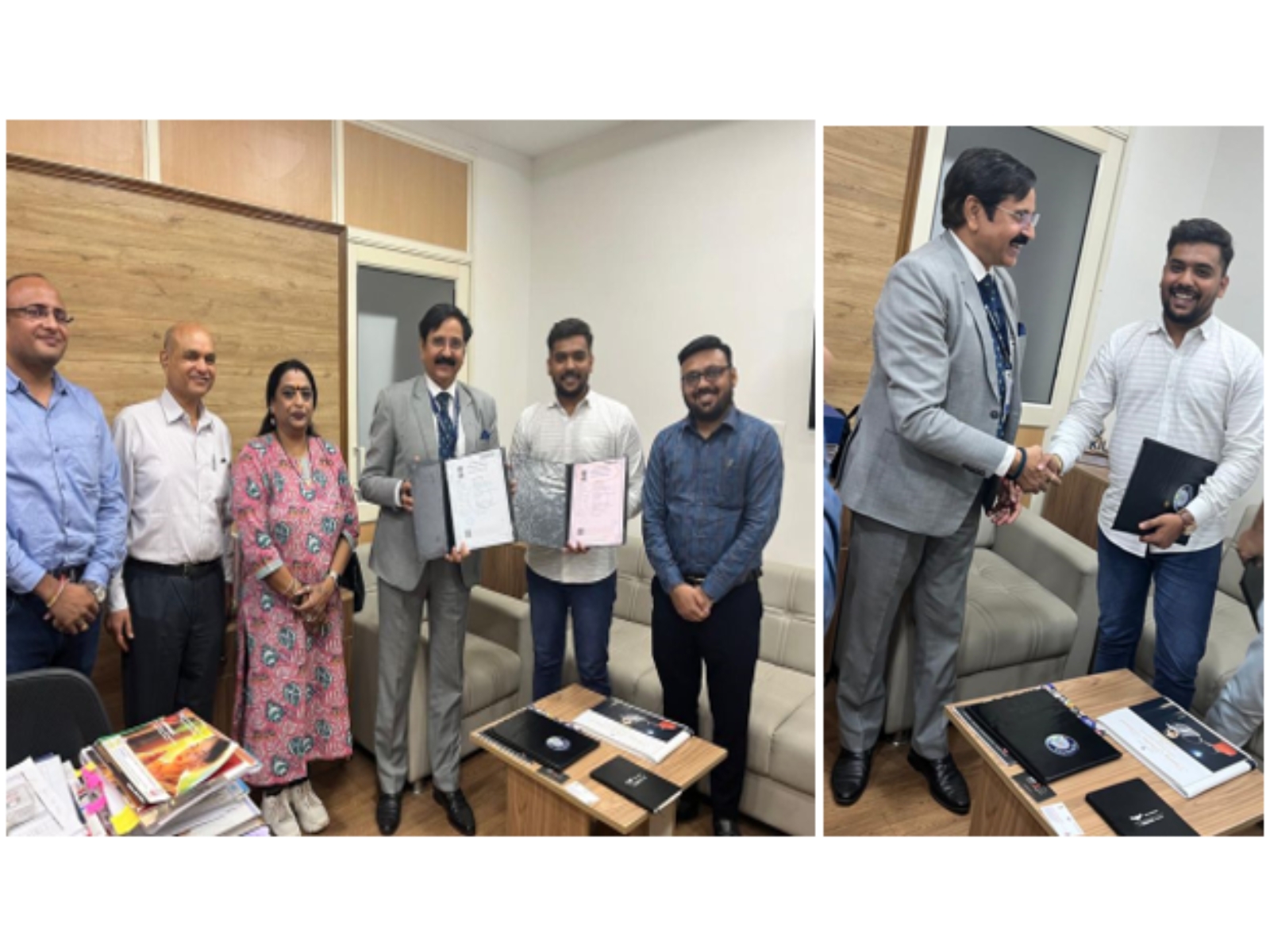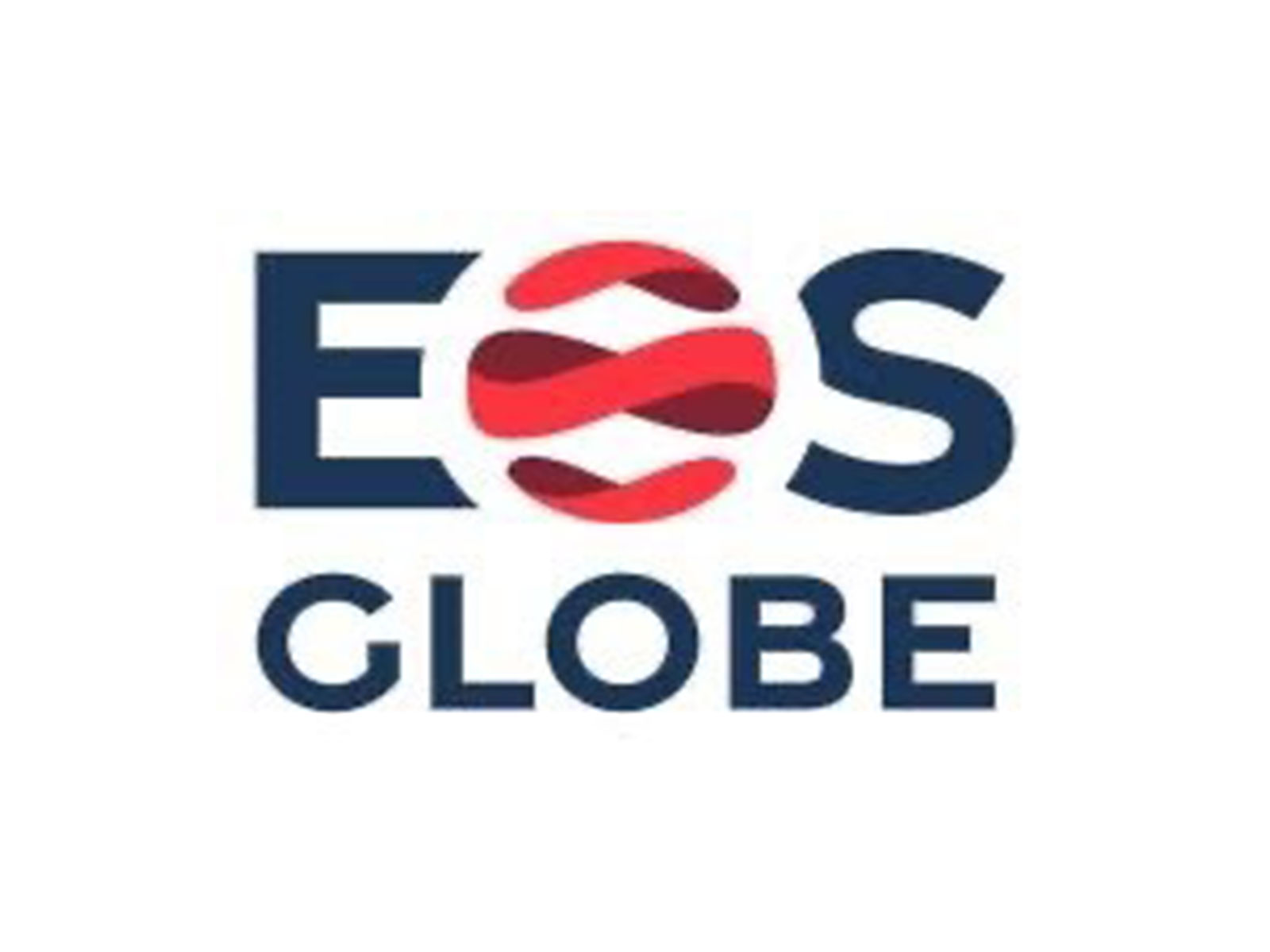News Analysis: Rise of AI musical artist Xania Monet sparks debates in U.S. music industry
Nov 13, 2025
Los Angeles [US], November 13: The rapid success of Xania Monet, the first artificial intelligence (AI) musical artist to chart on Billboard's airplay rankings and sign a multimillion-dollar record deal, has stirred controversy in the U.S. music industry, forcing it to confront questions about creativity, authenticity and ownership in an era when the line between artist and algorithm is fading.
Monet, a generative-AI creation, has captivated listeners who often cannot tell she is not human. Behind the virtual artist's persona is Telisha "Nikki" Jones, a poet from the U.S. state of Mississippi, who writes Monet's lyrics and uses AI-powered music generation platform Suno's generative models to turn them into songs.
According to Billboard, Monet made headlines in September when she debuted on multiple Billboard charts and became the first known AI artist to gain enough radio airplay to enter a Billboard radio chart -- landing at No. 30 on the Adult R&B Airplay chart dated Nov. 11.
The achievement triggered a bidding war among record labels, with offers reportedly reaching 3 million U.S. dollars. Hallwood Media, led by former Interscope Records executive Neil Jacobson, ultimately signed Monet to a multimillion-dollar deal.
Billboard also reported earlier this month that "notably, at least one AI artist has debuted in each of the past six chart weeks, a streak suggesting this trend is quickly accelerating."
Monet's emergence comes as record labels continue to grapple with two decades of digital disruption. Companies that once resisted the rise of streaming platforms are now racing to secure their positions in the AI-driven future, negotiating agreements that will determine how songs are created, who gets compensated, and how many audiences are told, or care, about whether the voices they hear belong to people or programs.
Monet's lucrative contract has also signaled that many in the industry see vast commercial potential in artists who exist solely as code. "AI doesn't replace the artist," Monet's manager, Romel Murphy, told the press. "It's a new frontier."
However, not everyone welcomes the shift.
"Every synthetic voice crowds out the human ones who depend on gigs, royalties and recognition to survive," music lover Tracy B. told Xinhua.
"Now, producers don't need to risk nurturing new artists at all. They can simply create them," aspiring singer Shondi D. told Xinhua. "What chance do we have?"
Just a year ago, major labels such as Universal, Sony and Warner were suing AI music start-ups, including Suno and Udio, for using copyrighted material to train their systems. Now, those same companies are striking licensing deals with the very technologies they once fought.
The transition is unfolding rapidly, even as platforms like Spotify reportedly deleted 75 million tracks last year to combat low-quality or fraudulent uploads, while French streaming service Deezer said up to 70 percent of the streams by AI-generated tracks on its platform were fraudulent -- signs that the technology is already being exploited for profit.
For independent musicians, the stakes are especially high. Without the global followings of stars like Taylor Swift or Billie Eilish, smaller acts now face competition from limitless synthetic counterparts.
"This means trouble for many new artists, but on the flip side, it may open up doors for other artists to use AI themselves to create and control their own songs and AI performers," Los Angeles-based music manager Sean Morris told Xinhua.
Meanwhile, industry experts warn that no one fully understands what data AI models are trained on, raising concerns that musicians may be losing compensation without realizing their work has been used. Industry groups are calling for mandatory labeling of AI-generated music, arguing that without transparency, AI risks repeating streaming's history of enriching platforms while underpaying creators.
Currently, streaming services are not legally required to identify AI-produced content. Deezer has introduced such labels, but Spotify has not, leaving listeners largely unaware of what they are hearing.
U.S. musician and producer Timbaland, a prominent advocate of AI music, launched an entertainment company called Stage Zero and unveiled his own virtual performer, TaTa. His partner, film producer Rocky Mudaliar, described it as the birth of a new genre: "A-pop, artificial pop."
TaTa will release videos and interact on social media like any other influencer -- except she is not human.
Not all artists supported the trend. "There is an AI R&B artist who just signed a multimillion-dollar deal ... and the person is doing none of the work," singer Kehlani said in September, arguing that AI systems are trained on copyrighted material without giving proper credit to the original artists.
Others pointed out that virtual performers cannot tour, depriving real musicians of one of their most dependable sources of income. Critics also highlighted ethical risks, including cultural, racial and gender-based exploitation, that may arise when developers can create avatars of any race or gender for profit.
A Caucasian developer could use an AI system to generate an African-American performer, and a male producer could design a hyper-sexualized female persona. Timbaland's AI artist, TaTa, appears Asian, though he himself is not. With no clear guidelines defining what is ethical, the potential for digital appropriation remains vast.
The success of avatars like Monet also raises uncomfortable questions about opportunity and representation. Supporters claim AI avatars "represent" their human creators, but critics argue such claims ignore the real social barriers that human artists still face -- barriers AI can bypass with a few lines of code.
As AI spreads across entertainment, convenience and profit increasingly outweigh process and craftsmanship. Human artistry requires training, performance, collaboration and investment -- supporting thousands of livelihoods built around creativity and skill. Replacing that ecosystem with algorithms risks eroding the human foundation of art itself.
As AI-generated music climbs the charts, the question is no longer whether machines can make convincing songs -- they can. The deeper question, observers say, is whether audiences and the industry that profits from them still care about the humanity behind the sound.
Source: Xinhua News Agency








